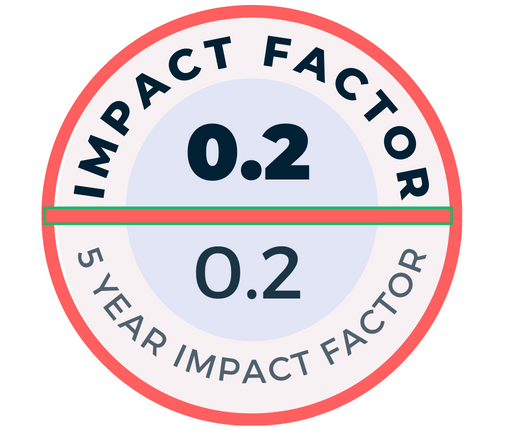Anemia is one of the common chronic renal failure (CRF) complications. Reduced renal erythropoietin (EPO) production and a shortened life span of erythrocytes due to uremic environment and iron deficiency are the main causes of anemia in patients with CRF. Correcting of iron deficiency constitutes the basis for the treatment of anemia in patients with CRF. Iron replacement can be done orally or intravenously. The seriousness of anemia and iron deficiency, tolerance of tablet use, response to previous treatments, and the presence of a ready vascular access determine the manner in which iron treatment is done. New generation parenteral iron preparations have complex carbohydrate structures that strongly bind to iron and reduce plasma free iron release. New generation iron molecules correct iron deficiency without causing an inflammatory process. The point that should be kept in mind is that new formulations may have a side effect profile that has not yet been experienced, in addition to various advantages. When using new iron molecules, precaution measures should be taken with regard to the development of arrhythmia, unstable angina, and hypophosphatemia.
Cite this article as: Oktan MA, Heybeli C, Çavdar Z. Chronic Renal Failure, Anemia, and Parenteral Iron Treatment: From Bench to Bedside. Turk J Nephrol 2019; 28(2): 138-46.

.png)




.png)